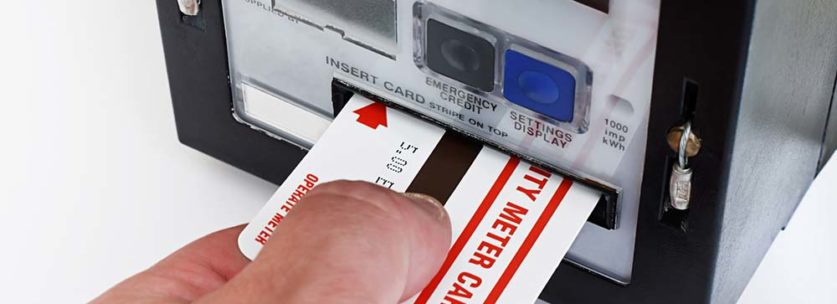
In the UK’s poorest households, thousands are turning off their power supply because they cannot afford to keep paying for it.
The energy regulator, Ofgem, has expressed concern and is looking to further investigate the scale of the problem.
Around 70,000 people on prepayment meters for electricity, and 80,000 for gas, have disconnected their energy supply for at least three hours over the past year, Ofgem has said.
56% of these households did not have enough money to heat their homes and 35% had could not afford to keep the lights on.
Ofgem reported that the majority forgot to top up their credit, or did not realise it was low, however, one in 10 on pre-payment meters cut themselves off deliberately.
Many of the roughly 4.5 million households on pre-payment meters in the UK adopt the payment method due to poor credit history.
Following widespread criticism of the often sky high energy price faced households with prepayment meters, Ofgem introduced a tariff price cap in April 2017 that prevents such households from paying more than £1,136 a year for their energy supply.
This policy came from the regulator’s annual State of the Energy Market report, which also found that:
- Many consumers switched to smaller energy suppliers causing new low of the market share of the six biggest suppliers (British Gas, EDF, E.ON, SSE, npower and Scottish Power)
- 54% of households were still using poor-value standard variable energy tariffs, compared to 57% last year
- The six biggest suppliers saw their profits fall for the first time since 2016.
- Around 20% of those living in privately rented housing were living in fuel poverty, twice the overall average
- Household energy consumption continued to decrease, falling by 5.5% for gas and 3.3% for electricity.
In a separate report, National Grid said it was “confident” that there would be no energy crunch this winter. National Grid’s report went on to show that national energy capacity is strong enough to avoid spikes in gas prices as experienced last year during “the Beast from the East”.
Ofgem chief executive, Dermot Nolan, said: “We have witnessed many positive developments in energy over the last year, but the market is still not delivering good outcomes for all, especially the vulnerable.
“Ofgem has introduced the safeguard tariff which ensures that five million households, including some of the most vulnerable, pay a fairer price for their energy.
“Price protection will be extended to a further 11 million customers on the worst deals.
“We will continue to facilitate the transformation of the energy market to ensure that benefits are captured for all consumers and ensure no-one is left behind.”




